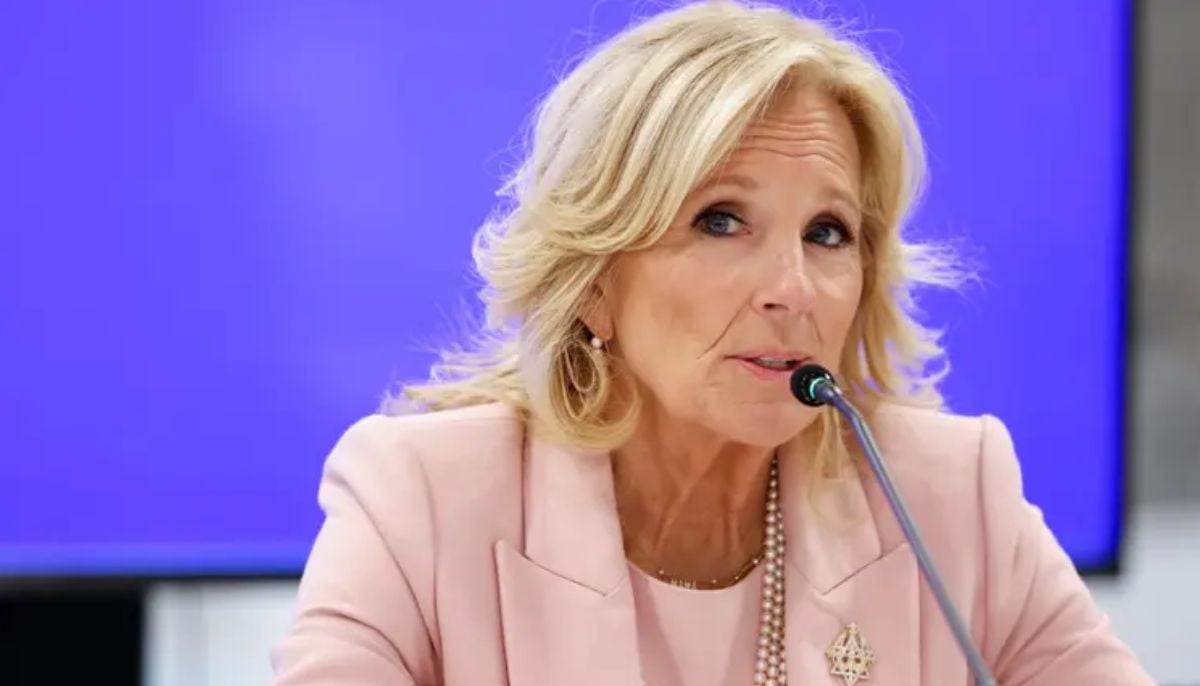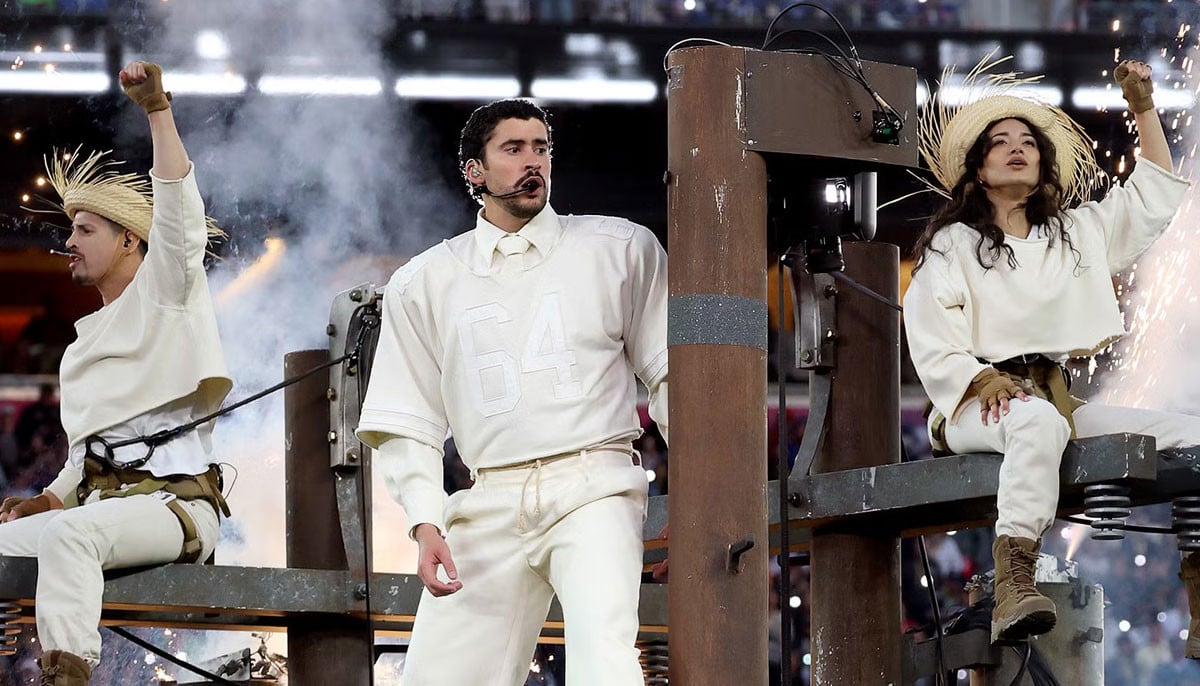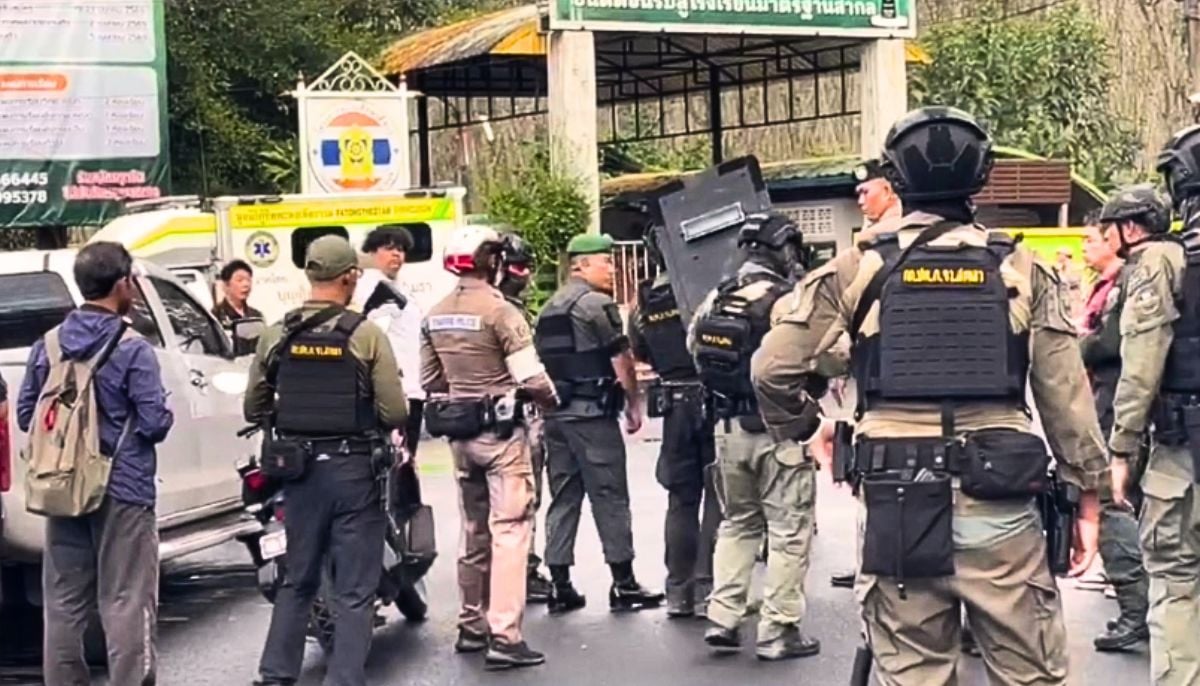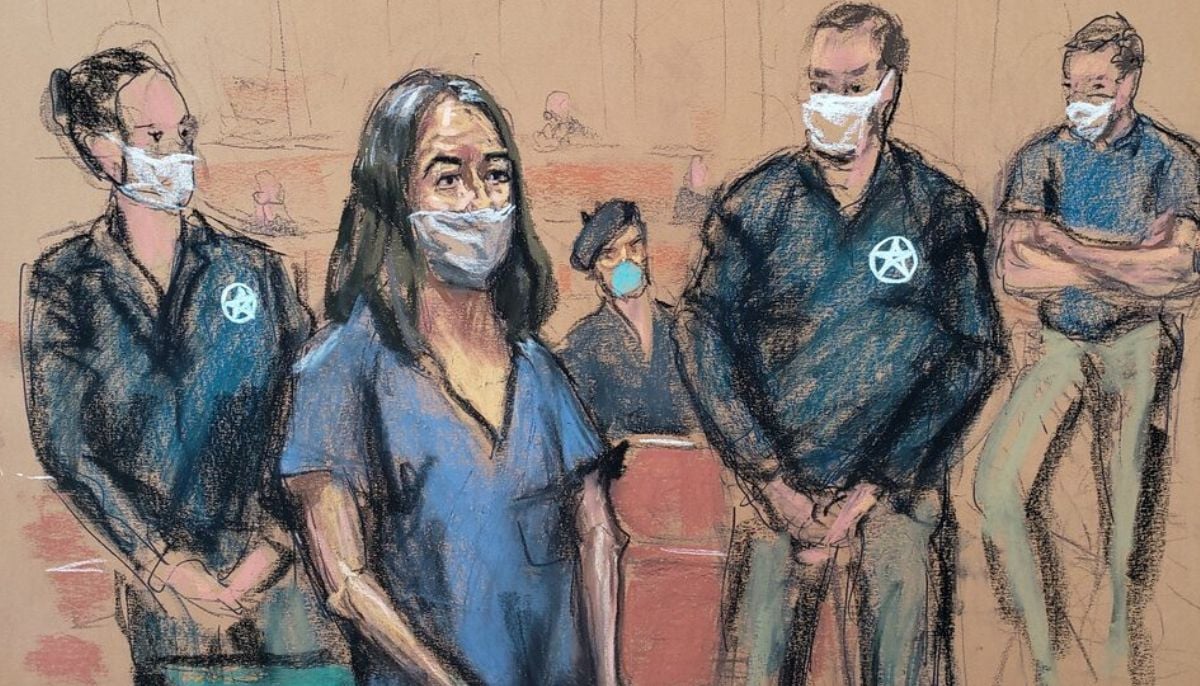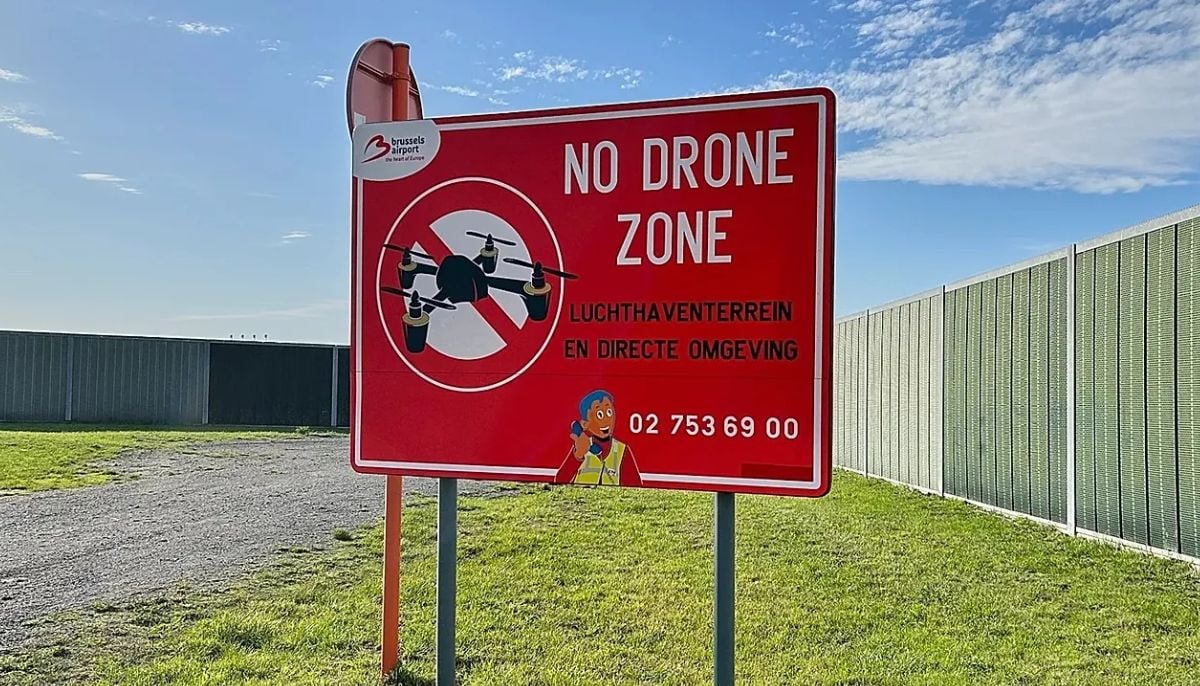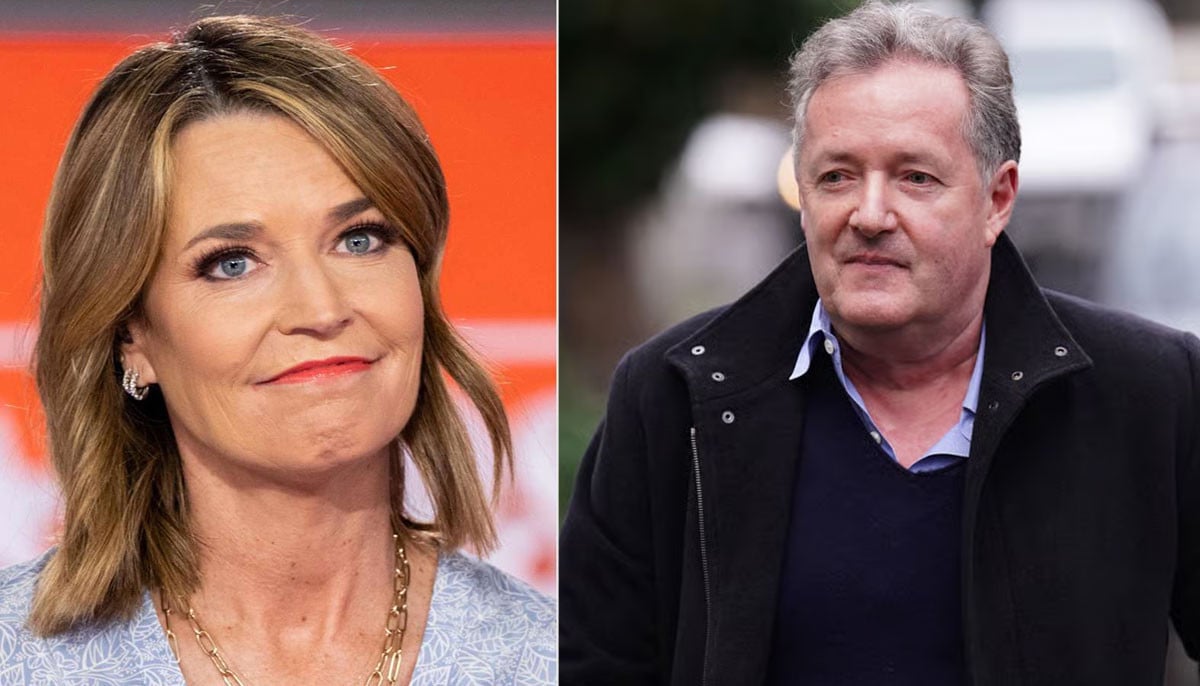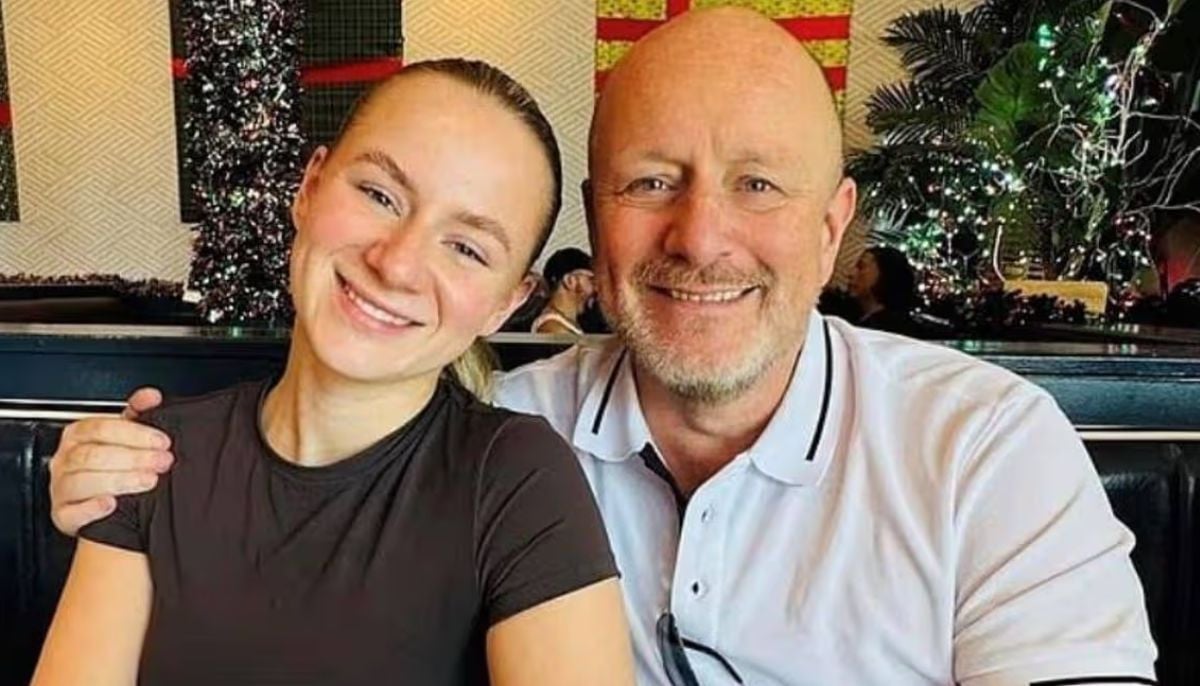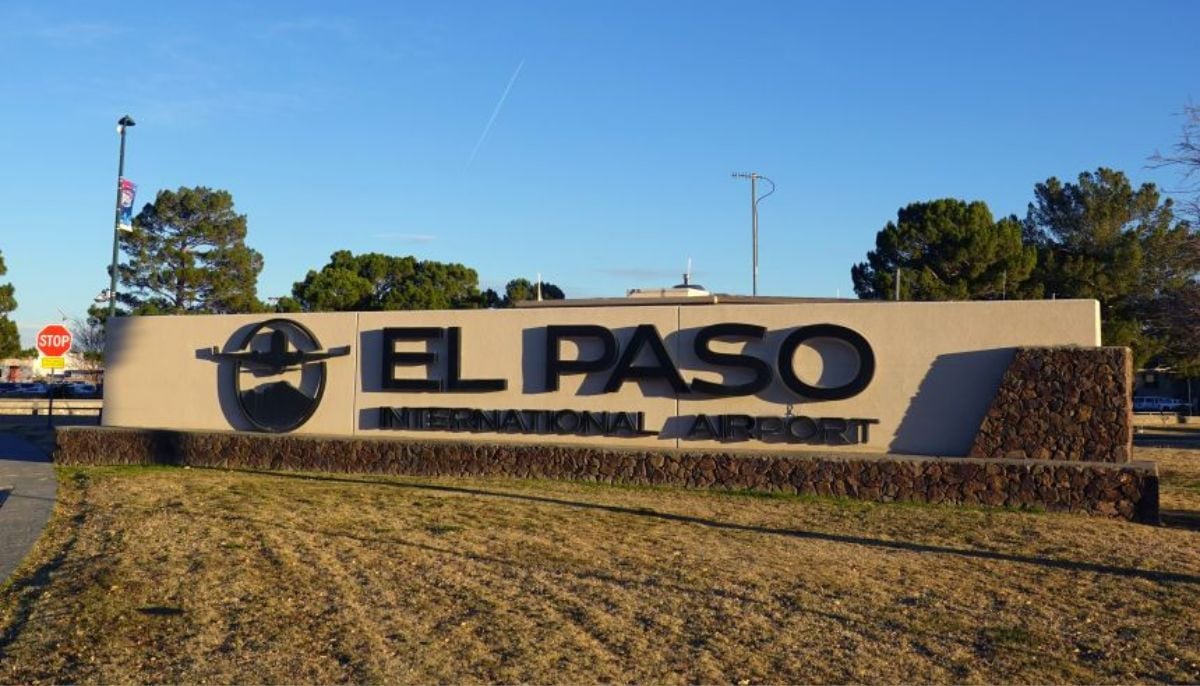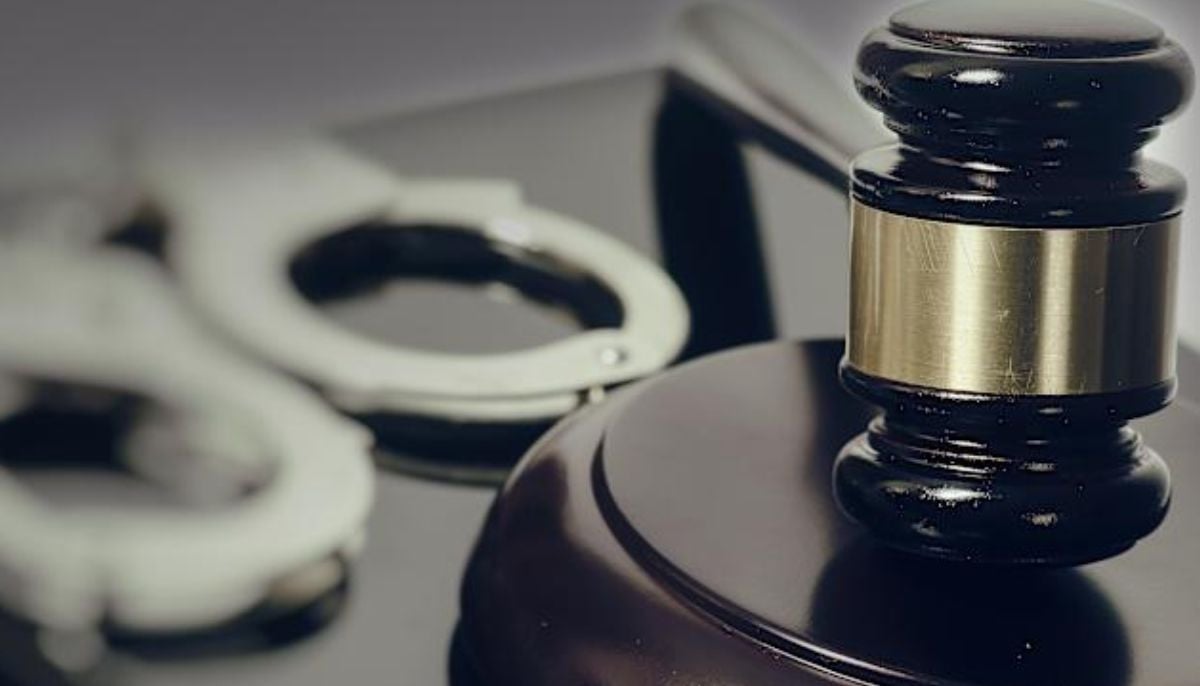MANILA: Philippine President Rodrigo Duterte declared martial law Tuesday across the southern third of the country, after deadly clashes between security forces and Islamic State group-linked militants in a major city.
The announcement, made by his spokesman at a press conference in Moscow where Duterte was on an official visit, fulfils an often-repeated warning by the president that he would enforce military rule to quell security threats.
Duterte placed all of the southern region of Mindanao, which makes up roughly one third of the country and is home to 20 million people, under martial law, spokesman Ernesto Abella said in the nationally televised briefing.
He said martial law would be in place for 60 days, in line with constitutional limits on the use of military rule.
Martial law is particularly sensitive in the Philippines because it was used by dictator Ferdinand Marcos to remain in power during his two-decade reign, which ended in 1986 with a "People Power" revolution.
Duterte met with Russian President Vladimir Putin late Tuesday at the Kremlin, prior to his return to the Philippines, and explained his abrupt departure.
The announcement of martial law came after security forces battled dozens of IS-linked gunmen in a Marawi, a city of about 200,000 people in Mindanao, on Tuesday.
Marawi is about 800 kilometres (500 miles) south of Manila, the nation´s capital.
"Our country needs modern weapons... to fight against the Islamic State group we need weapons," Duterte said in Moscow.
Defence Secretary Delfin Lorenzana said one policeman and two soldiers were killed in the clashes, which began when security forces raided a house where they believed Isnilon Hapilon, a leader of the infamous Abu Sayyaf kidnap gang and Philippine head of IS, was hiding.
Lorenzana said the gunmen, who were believed to number more than 100, had occupied a hospital and a jail, and burnt down a buildings including a Catholic Church.
He said many were hiding in buildings as snipers, making it difficult for security forces to combat them.
The Abu Sayyaf, based on the most southern islands of Mindanao, has kidnapped hundreds of Filipinos and foreigners since the early 1990s to extract ransoms. The United States lists it as a terrorist organisation.
Abu Sayyaf militants beheaded an elderly German man early this year and two Canadians last year after ransom demands for many millions of dollars were not met.
It has also been blamed for the country´s worst terrorist attacks, including the 2004 bombing of a ferry in Manila Bay that claimed more than 100 lives.
-
Thai school shooting: Gunman opened fire at school in southern Thailand holding teachers, students hostage
-
Maxwell could get 'shot in the back of the head' if released: US congressman
-
New EU strategy aims to curb threat of malicious drones
-
Nancy Guthrie abduction: Piers Morgan reacts to 'massive breakthrough' in baffling case
-
Texas father guns down daughter after heated Trump argument
-
FAA shuts down El Paso Airport, flights suspended for 10 days: Here’s why
-
Teacher abused children worldwide for 55 years, kept USB log of assaults
-
Savannah Guthrie expresses fresh hope as person detained for questioning over kidnapping of Nancy


